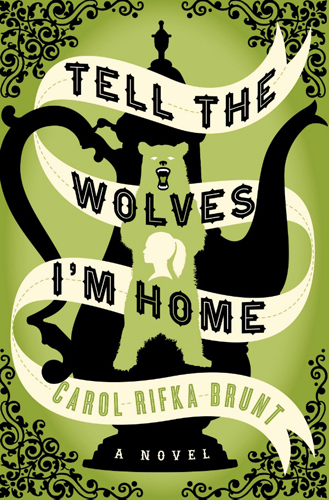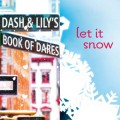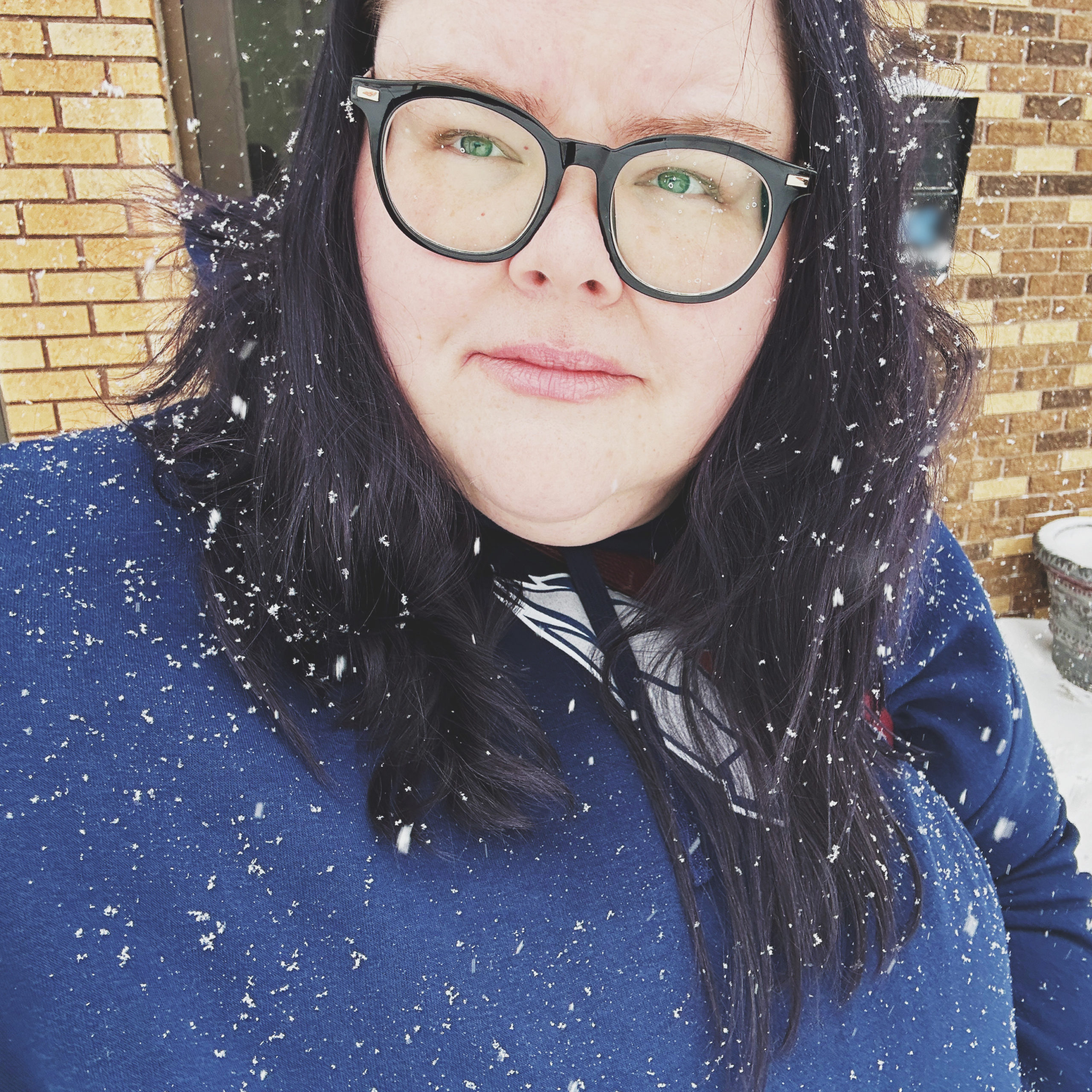
Right when you were born, the tunnel was huge. You could be anything. Then, like, the absolute second after you were born, the tunnel narrowed down to about half that size. You were a boy, and already it was certain you wouldn’t be a mother and it was likely you wouldn’t become a manicurist or a kindergarten teacher. Then you started to grow up and everything you did closed the tunnel in some more. You broke your arm climbing a tree and you ruled out being a baseball pitcher. You failed every math test you ever took and you canceled any hope of being a scientist. Like that. On and on through the years until you were stuck. You’d become a baker or a librarian or a bartender. Or an accountant. And there you were. I figured that on the day you died, the tunnel would be so narrow, you’d have squeezed yourself in with so many choices, that you just got squashed.
 Tell the Wolves I’m Home was really very extraordinary.
Tell the Wolves I’m Home was really very extraordinary.
I wasn’t exactly looking forward to reading this one. That’s not quite accurate, but, I mean, I wanted to read it obviously, but I was dreading it in the same way I dread reading any book that has good buzz and is well-liked. What if I’m the one that doesn’t like it? I like liking things! And I don’t care about having an unpopular opinion, but I do dread having to talk about it since it usually amounts to me going, “I DON’T KNOW, IT’S JUST NOT FOR ME.”
This time though, I had nothing to worry about because the hype about Tell the Wolves I’m Home is totally founded.
I keep trying to articulate the ways in which I found this one so pleasing and there are lots of technical reasons why — the pacing is lovely, the writing is gorgeous verging on astounding in places, the story is rich with life and feeling and emotion, and the depth with which the reader understands June is near magical — but I just keep coming back to the almost physical sensation of pleasure that happened while I was reading, a feeling like climbing into cool sheets or a warm bath or your favorite pajamas. I cried a lot while reading and it was good, hard crying that left me feeling wrung out in the best, most satisfied way. There’s magic in that kind of writing, a kind of careful sorcery of emotion and language that takes your readers apart in a way that’s satisfying and thrilling and unforgettable.
June isn’t perfect and that’s what makes her so remarkable. She’s likable and weird and funny, but she also makes bad decisions and it’s what makes her so full and human. She makes the kinds of decisions that fourteen-year-olds make and you understand them, even when you hate them or know they’re not the right ones for her to make. She’s wonderfully well-fleshed and she’s not alone, Toby and Greta are complex, complicated characters that bring vitality and life to June’s interior. Greta’s not likable and I’m not sure I’d have ever been able to treat her with the near-unfailing humanity that June does, but that’s what makes them such great characters.
I genuinely want to have tons of things to say, lots of eloquent commentary and brilliant observations, but I don’t. Tragically. Tell the Wolves I’m Home is just good. It was a good, quick read and I felt bone-deep satisfied when it was over. It deserves the hype. It’s better than the hype. Read it.



